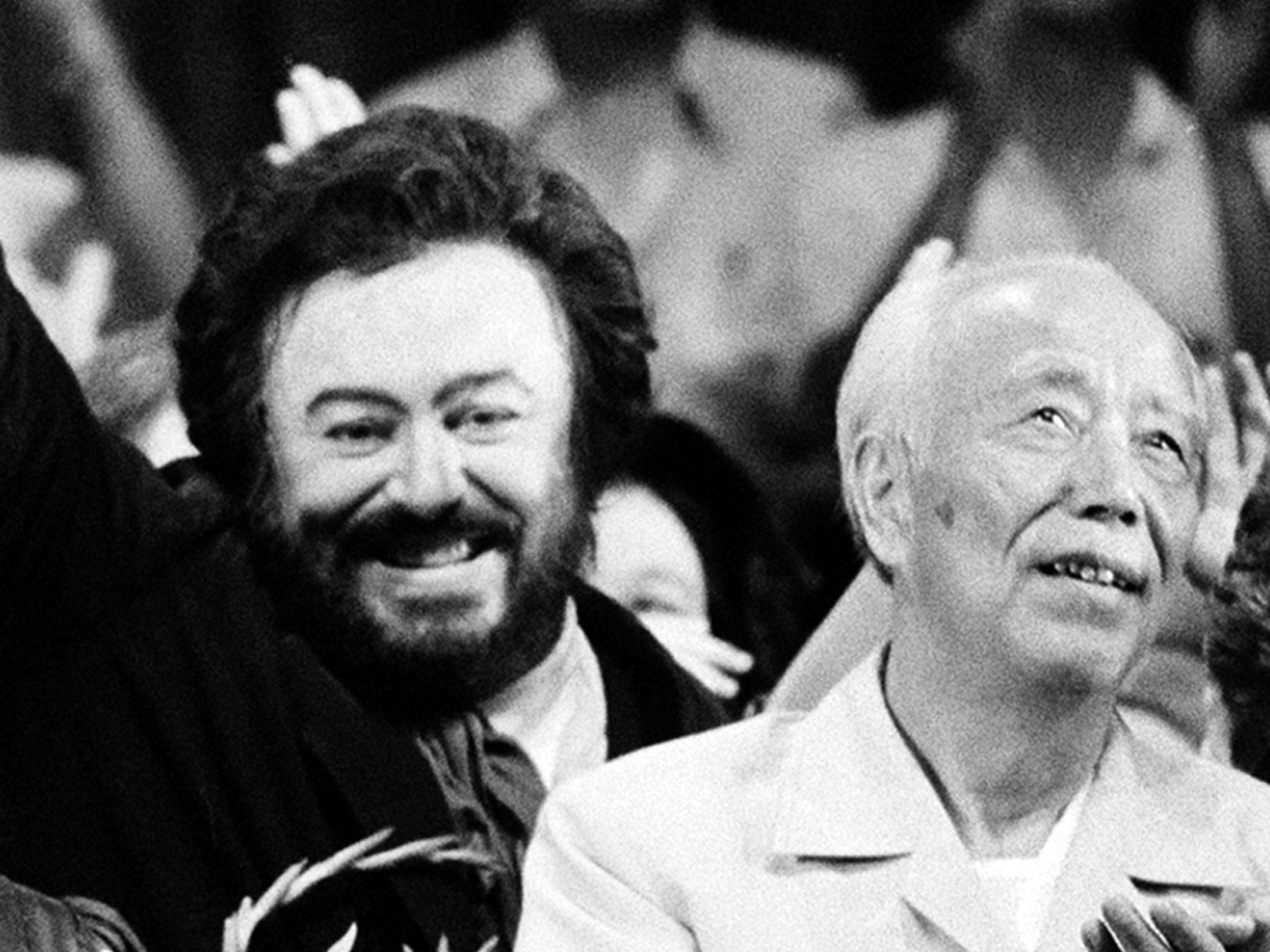Wan Li: Reformist politician who rose through the ranks in China and was acclaimed for his agricultural reforms
One of the country’s first leaders to retire from his positions in government

Your support helps us to tell the story
From reproductive rights to climate change to Big Tech, The Independent is on the ground when the story is developing. Whether it's investigating the financials of Elon Musk's pro-Trump PAC or producing our latest documentary, 'The A Word', which shines a light on the American women fighting for reproductive rights, we know how important it is to parse out the facts from the messaging.
At such a critical moment in US history, we need reporters on the ground. Your donation allows us to keep sending journalists to speak to both sides of the story.
The Independent is trusted by Americans across the entire political spectrum. And unlike many other quality news outlets, we choose not to lock Americans out of our reporting and analysis with paywalls. We believe quality journalism should be available to everyone, paid for by those who can afford it.
Your support makes all the difference.Wan Li, who has died at the age of 98, was a Chinese politician known for his reforming policies. He was the chairman of the National People’s Congress, China’s principal legislature, in 1989 when students gathered in Beijing’s Tiananmen Square for pro-democracy demonstrations.
Wan’s stance on the protests was never made clear, though he never openly opposed the bloody military crackdown that ended them. He was, however, a close ally of the ruling Communist Party’s secretary general at the time, Zhao Ziyang, who was removed from office for his support of the students and was under house arrest until his death in 2005.
Wan was best known for the reform policies that he began implementing in the late 1970s, especially in rural China. When he was the party chief for the eastern province of Anhui, he became a pioneer for China’s rural reforms that would replace the commune system.
Born into a poor family in Shandong province, he attended teacher’s training college, where founded a book club to study Marxist-Leninist works. After the student-led December 9th Movement, which began in 1935, revolutionary and anti-Japanese fervour spread across Chinese campuses, and Wan returned to his native Dongping County and became a part-time teacher while devoting himself to the revolution and agitating for resistance against Japanese invaders .
After the People’s Republic was established in 1949, Wan rose steadily through the ranks of officialdom, although during the Cultural Revolution, he was purged and “re-educated” through labour.
Restored to Beijing in 1973, he was named Minister of Railways, then provincial party leader of Anhui province, where he instituted the household-responsibility system in which communal land was divided up among individual farmers.
He faced resistance from conservatives in Beijing who said his reforms were not sufficiently socialist or were ineffective. However, Wan pressed on, permitting farmers to sell surplus produce independently, and his reforms were eventually heralded as brilliant innovations by the central government.
He was one of the country’s first leaders to retire from his positions in the party and government, helping to end the practice by Chinese politicians of serving lifetime tenures.
Wan Li, politician: born Shandong, China 1 December 1916; married Bian Tao (one son); died Beijing 15 July 2015.
Join our commenting forum
Join thought-provoking conversations, follow other Independent readers and see their replies
Comments